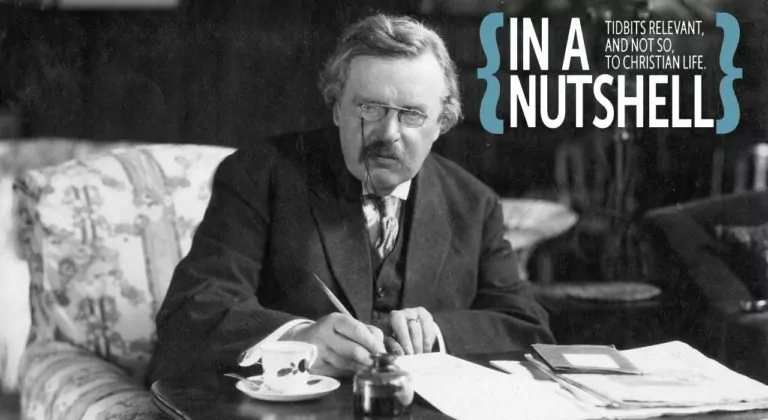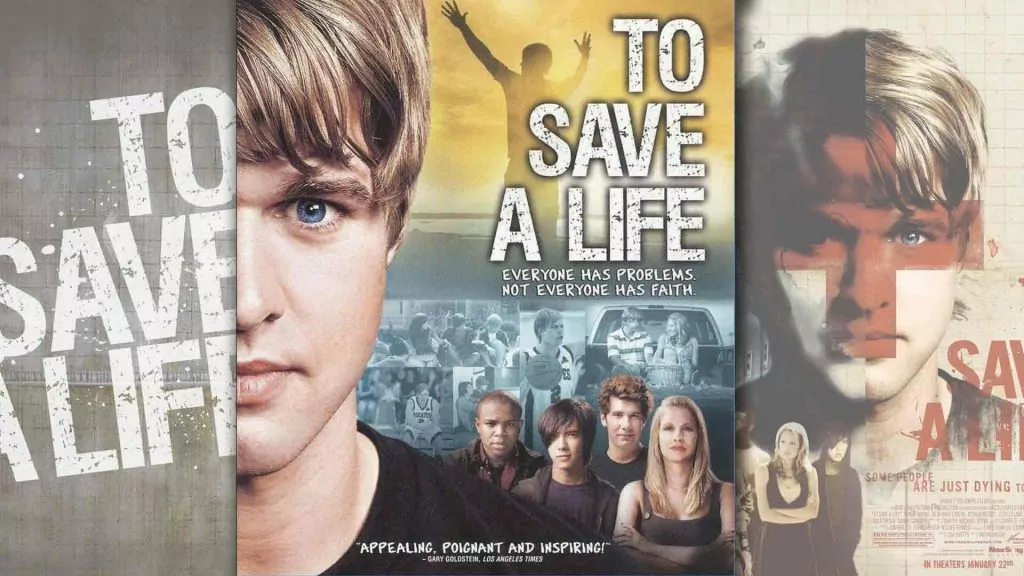As seen on a t-shirt
We live in an emoticon, headline-reading, 280-character tweet, fly-by-level-of-engagement world. But short doesn’t always mean shallow, and to demonstrate, here’s a collection of clever but concise slogans, as found on t-shirts. Short and sweet might be just what’s needed to get a long conversation started!
- Capitalism makes; Socialism takes
- Chapter and verse, please!
- Sure, you can trust the government. Just ask the Native Americans.
- Free Speech: more important than your feelings
- Former fetus
- The NSA: Listening to all your crazy conspiracy theories when nobody else will
- Preach the Gospel at all times. Always use words.
- You can love your country without having to love your government.
- Make Orwell fiction again.
- Life starts at conception, not perception
Two-sided danger
When interacting with the world around it, a church can face two dangers that amount to being the flipsides of a coin. The first is the danger of being absorbed by the culture, or as author Alistair Begg puts it: “You have a lot of people to talk to, but nothing to say.” The second danger is being isolated from culture. Or as Begg puts it, “You have a lot to say, but no one to talk to.”
Two dangers, and being safe from the one only makes you the more susceptible to the other.
Which of the two do you think our churches are more susceptible to?
THANK YOU, THANK YOU CAPITALISM!
T. Norman Van Cott wants to know, “why is everyone saying “thank you‘?”
This economics professor noticed that when we buy something not only do we say thank-you, but the salesperson does too! Why do customers and salespeople both say “thank- you”? Why isn’t one of them saying “You’re welcome” instead?
It’s because in the free market people make voluntary exchanges. That means the reason they are going to make an exchange is because they believe they will benefit from it. For example, when a person buys an iPad for $800 they do so because they want the iPad more than $800. When they receive it, they are grateful for the exchange and thus say “thank you!” Meanwhile, the salesperson, and the company they represent, wants $800 more than the iPad so they are grateful for the exchange too. Both have reason to be grateful. So both say “Thank you!”
The wonder of the free market is that it leaves both parties happier.
A ONE-QUESTION TEST FOR POLITICAL CANDIDATES
If you could ask your local political candidates just one question (and you can!) what should it be? How about this one:
“What position do you hold that you would keep on holding even if you knew it was going to cost you an election?”
Whatever their answer – even if they refuse to answer – it will give you the measure of the man. Its been said “politics is the art of compromise” but a politician who won’t stand firm on anything is the sort that will be tossed to and fro by everything. Vote for them and you aren’t electing a leader but simply a limp, languid sort who will bow to whatever side tops the polls.
However, there are some politicians made of firmer stuff. Some are willing to lead – to risk it all – on issues that are near and dear to them! A couple years back now US presidential candidate, Marco Rubio, told voters:
“I just believe deeply that all human life is worthy of protection of our laws….I would rather lose an election than be wrong on the issue of life.”
Here in Canada an example of this firmer sort is former prime minister Stephen Harper. In 2010 he said:
“There are, after all, a lot more votes – a lot more – in being anti-Israeli than in taking a stand. But as long as I am prime minister, whether it is at the United Nations, the Francophonie or anywhere else, Canada will take that stand, whatever the cost.”
Rubio was willing to risk it all to speak up for his country’s smallest citizens. In Harper’s case he was willing to risk losing votes to defend the citizens of Israel (though not to defend Canadian unborn children).
God says we can know true vs. false prophets by their fruit (Matt. 7:15-20). It’s the same thing here – when it comes to politicians we can know them by their non-negotiables.
LET THEM EAT CAKE…SOMETIMES
“…the reasons certain professions have been singled out is because they are the glorifying professions – photographers florists, bakers. They are the professions that give approval, that render societal applause. This is why [we should] be happy to bake a cake for a homosexual’s birthday party, but not for a wedding.”
– Douglas Wilson
This is sure to end badly
“A 5th grader with an iPhone is like a 5th grader with the briefcase containing the nuclear codes. It’s staggering people will pay for Christian school yet give their 5th grader an iPhone.”
– Christian counselor Heath Lambert (as relayed by Tim Bloedow)
The wit and wisdom of G.K. Chesterton
A story is told of how The Times asked various famous people to submit essays as to “What’s wrong with the world?” Chesterton is said to have replied: “Dear sirs, I am. Sincerely yours, G.K. Chesterton.”
It’s a great story, showing a man humbly aware of the evil that exists in his own heart. But as well-known as this story is, and as well as it fits the man it is attributed to, no original source for it can be found so there’s reason to doubt Chesterton actually said it.
There’s no doubt, however, about whether he said the quips and quotes that follow.
- “Idolatry is committed, not merely by setting up false gods, but also by setting up false devils; by making men afraid of war or alcohol, or economic law, when they should be afraid of spiritual corruption and cowardice.”
- “Art, like morality, consists of drawing the line somewhere.”
- “The reformer is always right about what is wrong. He is generally wrong about what is right.”
- “The aim of good prose words is to mean what they say. The aim of good poetical words is to mean what they do not say.”
- “It is assumed that the sceptic has no bias; whereas he has a very obvious bias in favour of scepticism.”
- “The average businessman began to be agnostic, not so much because he did not know where he was, as because he wanted to forget. Many of the rich took to scepticism exactly as the poor took to drink; because it was a way out.”












